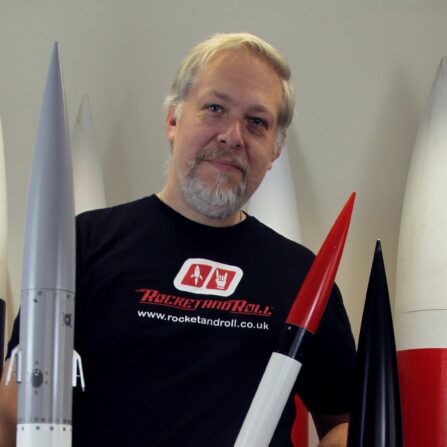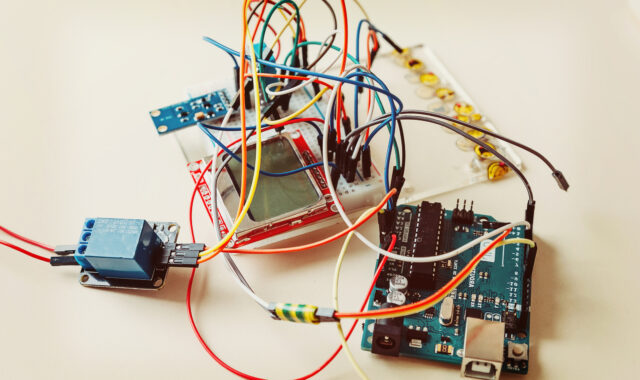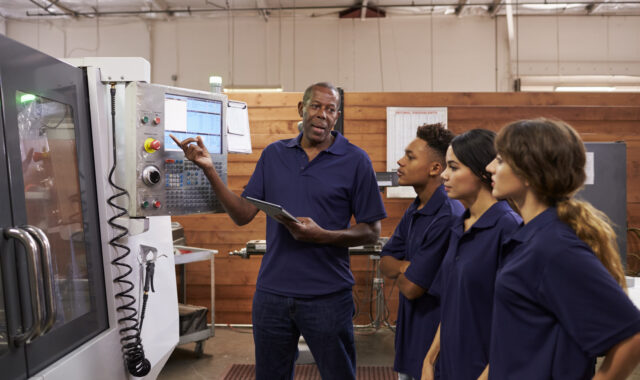
Ben J.
Managing Director – Rocket EngineeringWhat is the nature of your role and its responsibilities?
I run a company that designs, builds and launches rockets for education and research purposes. As the only full-time member of staff in the company it’s my responsibility to find work and keep the company running day-to-day but also to do most of the design work, sending out drawings to subcontractors to manufacture parts of rockets, before I do most of the final assembly at our workshop. I also liaise with launch sites and spaceports to book rocket launches and often act as ‘range safety officer’ to see that the launches take place safely.
What led you to follow this career path?
I began building and launching rockets as a hobby when I was a teenager, it took me nearly 30 years to then turn that hobby into a successful business. I’ve always wanted to be paid to do something I love, and have finally achieved it.
What qualification(s) or training did you complete?
My degree in product/industrial design was useful in teaching me about technical drawing, manufacturing techniques and materials, though it was mostly my 30 years involved in rocketry as a hobby that qualified me to do what I do now. There are a lot of technical/engineering careers which you can be better at by simply gaining many years of experience and competing in competitions in a field than by following a purely academic course into that field.
How are your qualification(s) or training useful in your everyday job?
Learning how to design and specify products to be made by other people was probably the most important thing I learnt in my degree. 35 years of building thousands of rockets and 25 years of running my own companies are however the source of 90% of the skills I use in my everyday job.
What does an average working day look like for you?
Most days I am in m home office half the day, responding to e-mails, doing drawings ofcmponents and running the company. The othr half I am often in the workshop, working with advanced composites and building rocket airframes, or repairing them for re-use. The really fun days are when I and my colleagues get to head out to a launch site and actually make some flights. For some of the student rocket competitions we run, we’ve made as many as 24 rocket launches in a single day, which is stressful but incredibly exciting.
What aspect of your role do you most enjoy?
I enjoy the design side, problem solving and coming up with elegant solutions to problems. I also however enjoy the launch days, getting to actually launch rockets is always exciting, even after you’ve done it thousands of times.
What aspect of your job do you find most challenging?
I think the most challenging part is the mundane stuff needed to keep the company running. It’s the downside to running your own business. Forcing myself to sit and do VAT returns or accounts when I could be building rockets is always hard!
What would be your top piece of advice for anyone wanting to become a managing director in rocket engineering?
It doesn’t pay to be TOO much of a specialist. The space sector is full of start-ups, and in start-ups, you are unlikely to be able to focus JUST on one small area of the project. You will often have to understand the whole project in order to execute your own job correctly. Get some experience doing every aspect of the thing you want a career in, strive to understand the drivers for every other person in the company or design team, that will make you the most versatile and useful person you can be.






Comments